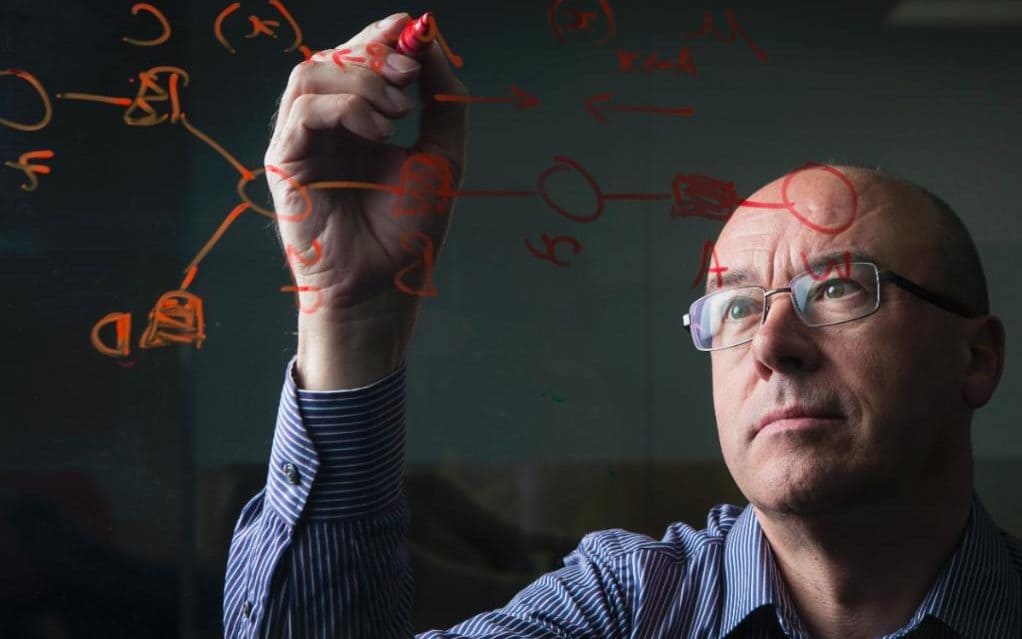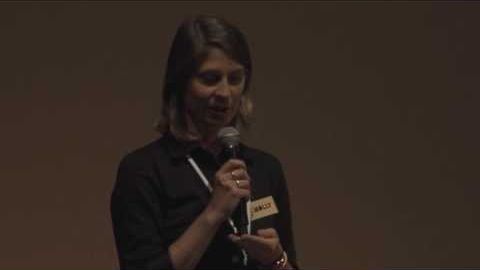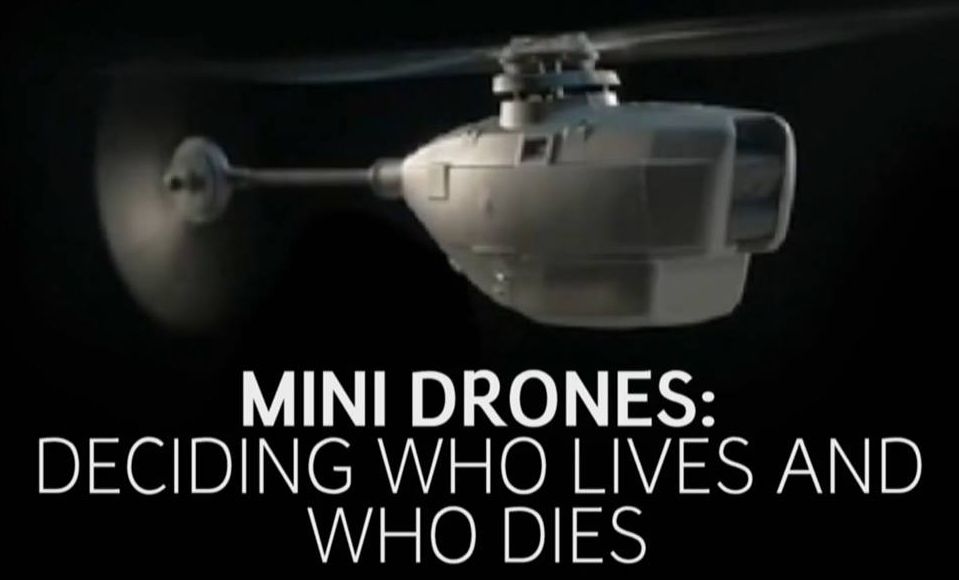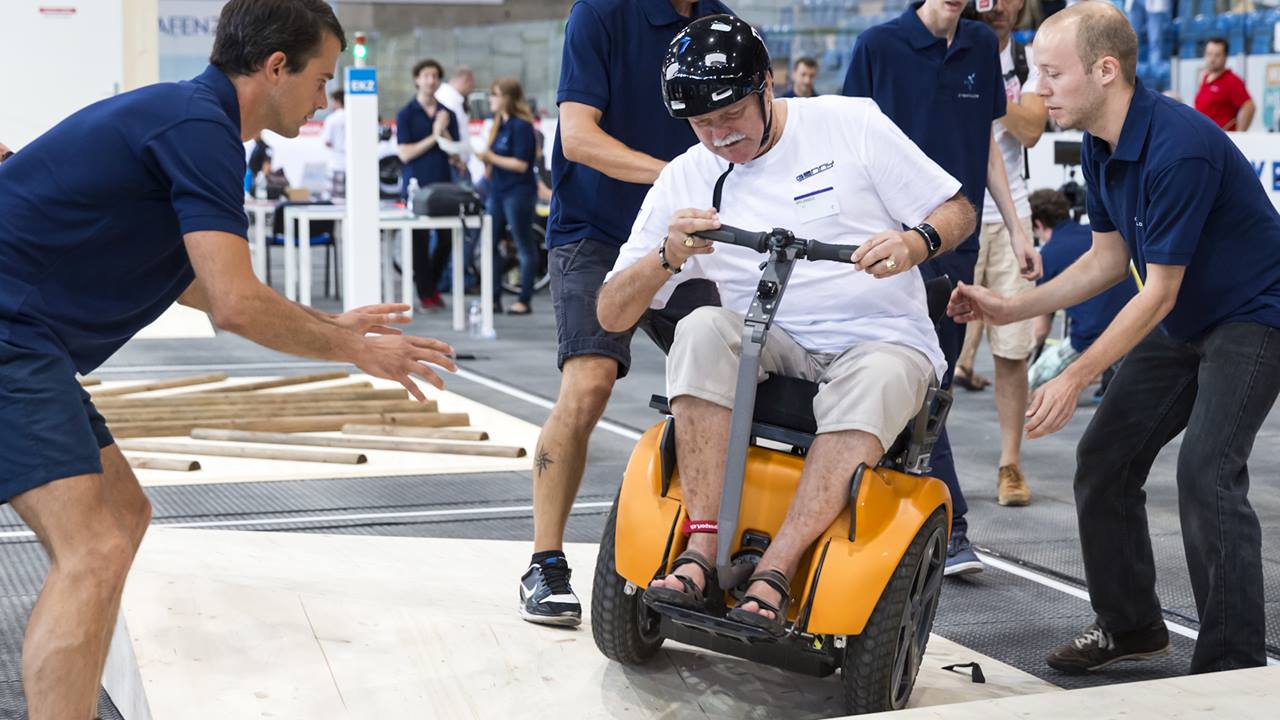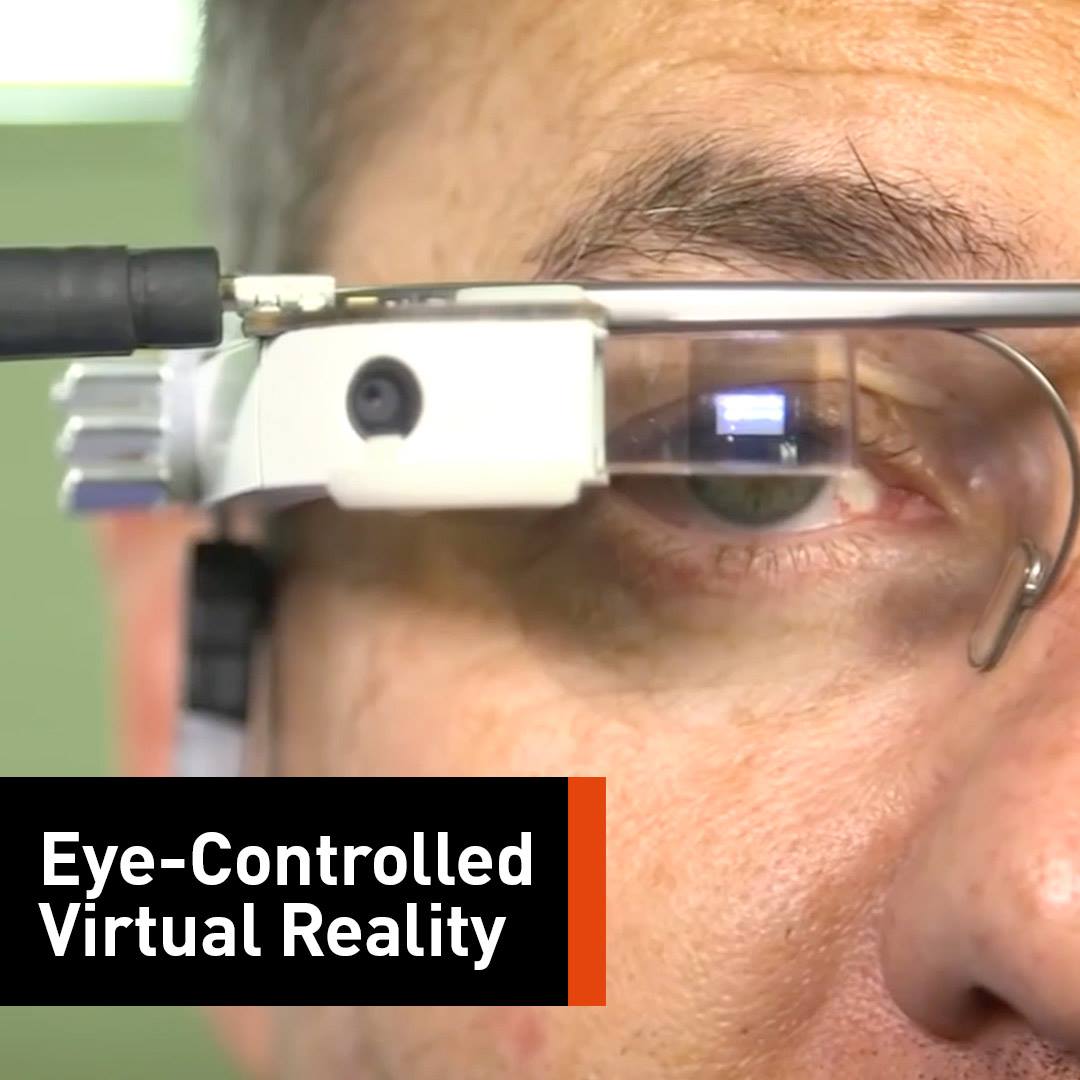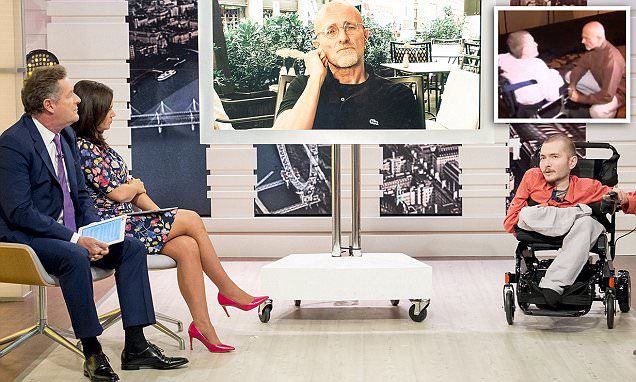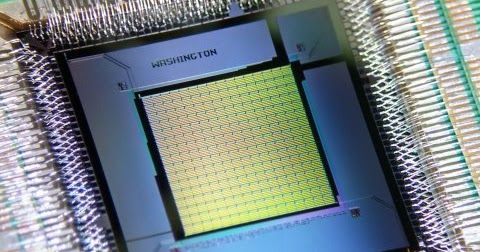Microsoft has vowed to “solve the problem of cancer” within a decade by using ground-breaking computer science to crack the code of diseased cells so they can be reprogrammed back to a healthy state.
In a dramatic change of direction for the technology giant, the company has assembled a “small army” of the world’s best biologists, programmers and engineers who are tackling cancer as if it were a bug in a computer system.
This summer Microsoft opened its first wet laboratory where it will test out the findings of its computer scientists who are creating huge maps of the internal workings of cell networks.
